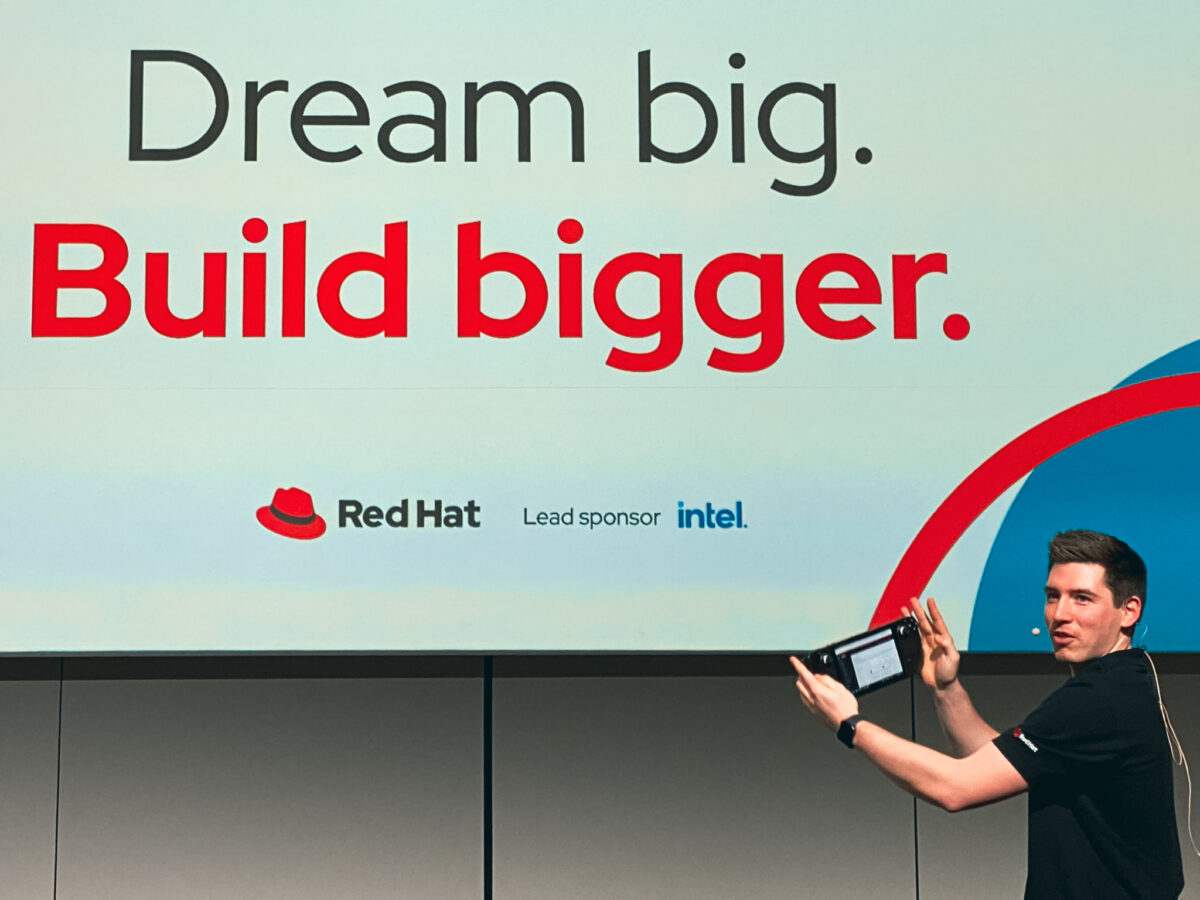I’ve been with Red Hat since 2019 as a Solution Architect. I started in the area of IT in 2001 only to experience, just 2 years later, that we can use ONE physical server to deploy MANY Operating Systems! At that time we deployed our very first VMware vSphere cluster in a medium-sized company in Trier, […]










